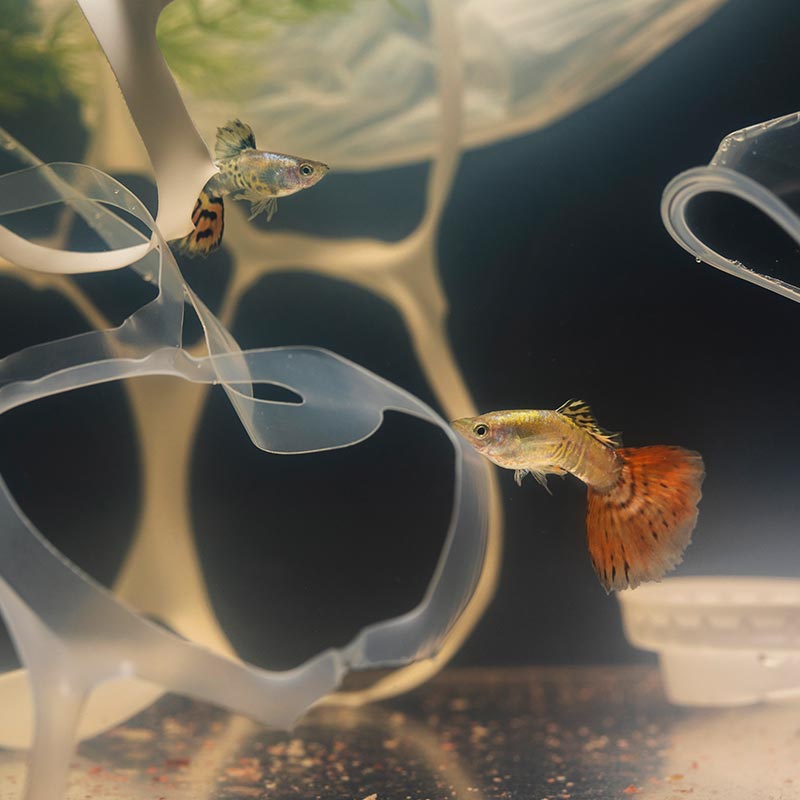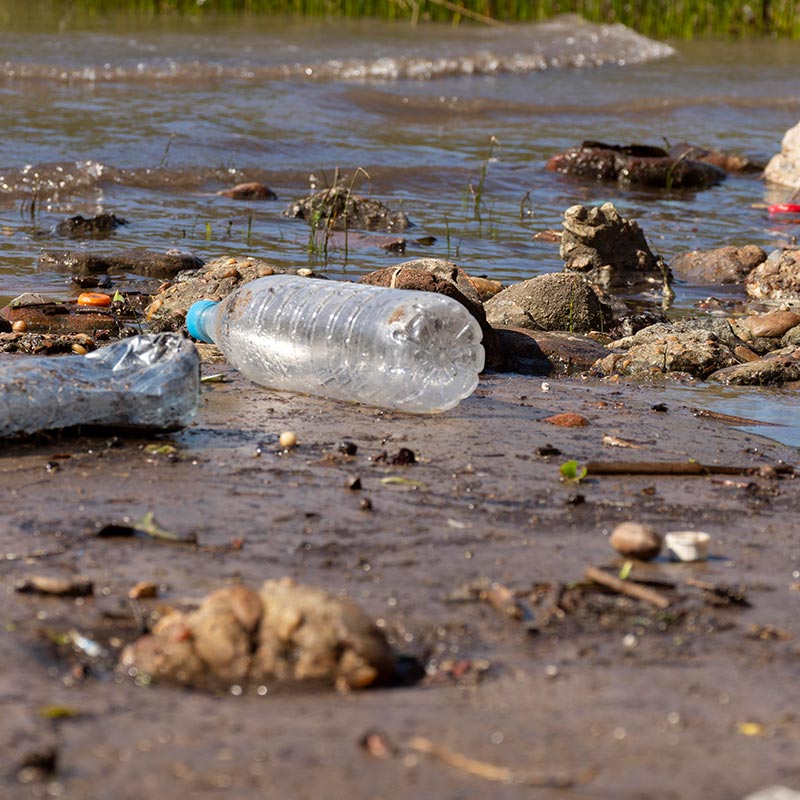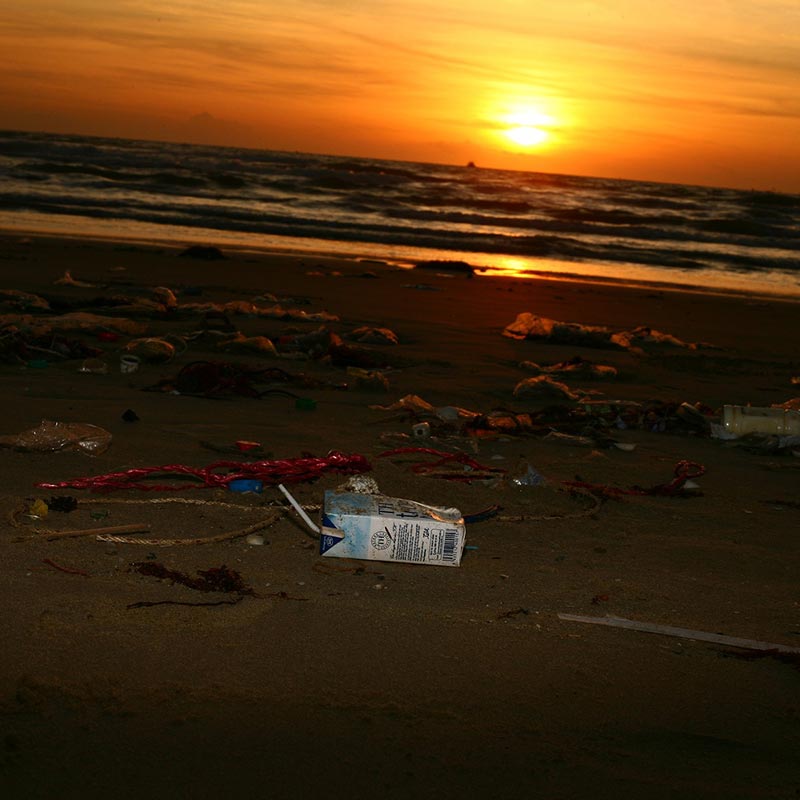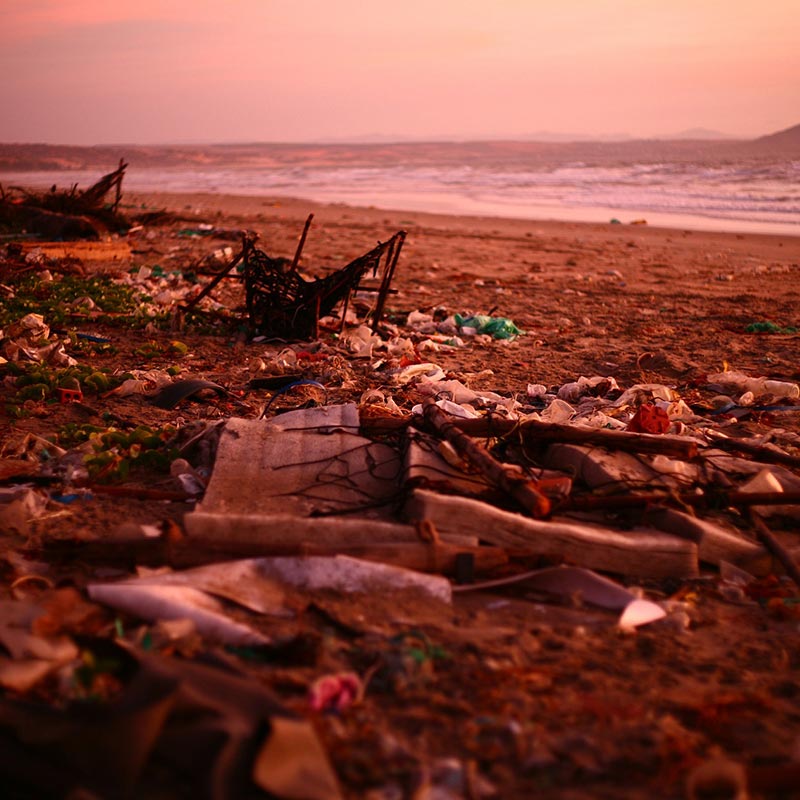CLEAN OCEANS
CLEANING OUR OCEANS
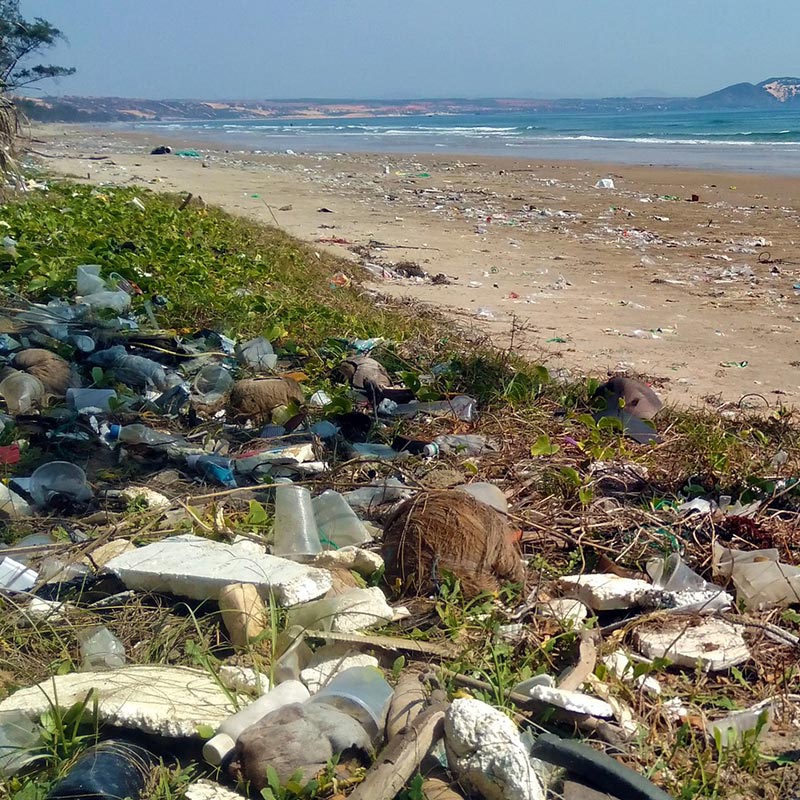
If no action is taken, plastic will increasingly impact our ecosystems, health, and economies.
Starting with Single Plastics clean-ups, because Plastics in the environment never fully decompose.
Let's work together by significantly reducing our use of single-use plastics.
Protecting the Ocean...
...and Saving ONE Crab at a time!
This program is dedicated to protecting our oceans, rivers and beaches. fighting to preserve it.
Our goal is to create awareness by educating the public and empowering local volunteers to participate in cleanups, and recycling with keys programs.
- Plastic reduction.
Reducing the impact of plastics in the marine environments that surround us.
Keeping waste out of our oceans protects our most valuable resources — the coast, ocean and sea life.
We create awareness by educating the public and empowering local volunteers.
Recycling reduces pollution and waste that ends up in our oceans, and puts seal life at risk.
We need your help to make a difference.
We are working to create a movement starting in Brazil and reaching all South America.
Our vision is to create a movement where local citizens organize neighborhood cleanups, promote environmental education through community discourse, and are empowered to be neighborhood leaders.
Plastic Facts
- Americans used about 50 billion plastic bottles of water last year. Less than one-third to one-fourth of those bottles were recycled. The rest ended up in landfills or as litter in the environment.
- Plastics in the environment never fully decompose. Instead, they break down into smaller and smaller pieces – eventually into microplastics – that remain in the environment.
- Because of their small sizes, toxic microplastics in aquatic environments blend with plankton at the base of the food web. These microplastics are consumed and work their way up into larger and larger consumers, including humans.
- An estimated 10 million tons of plastic enter the oceans every year.
- Plastics in the oceans are so pervasive that a plastic bag, like those offered at grocery stores, has even been found even at the deepest point in any ocean: the Mariana Trench, 36,000 feet below the surface of the Pacific.
- By the year 2050, by weight, there may be more plastic in the ocean than fish.
- A recent study in Ireland reportedly found microplastics in 3 of every 4 deep-water fish sampled in the northwestern Atlantic. Those fish are eaten by tuna, dolphins, swordfish and seals, as the contamination moves up the food chain.
- Another study found that 267 species worldwide – including 44 percent of sea birds and 43 percent of marine mammal species – are impacted by marine debris. Sea turtles are known to swallow plastic bags, mistaking them for jellyfish.
- The U.S. National Oceanic and Atmospheric Association (NOAA) estimates that plastic in our oceans kills at least 1 million sea birds and 100,000 mammals each year.
- Recycled plastic bottles don’t become new plastic bottles; they can only be “down-cycled” into lower-quality materials.
BRAZILCARES INC., uses your donation to work hard, aiming to clean all that ocean plastic, one beach at a time, collecting the most plastic from the oceans is our goal.
The tax ID / EIN for BrazilCares is 92-1878957. Keep your email receipt as your official record to claim your donation as a deduction on your U.S. taxes.
Brazilcares
Make a Difference - Donate Now!
Donating to a worthy cause can be a powerful way to make a difference. Your contribution can help fund critical resources and programs to improve the lives of those in need. No donation is too small – any amount makes a difference and goes towards making the world a better place. Donate now and support causes close to your heart!
Start Donating Now for a Cause that is dear to you!
BRAZILCARES INC., uses your donation to work hard to Reforestation with direct seeding, it works ! Our reforestation projects work with governments, NGO's, local organizations and communities to restore threatened forests and landscapes .
